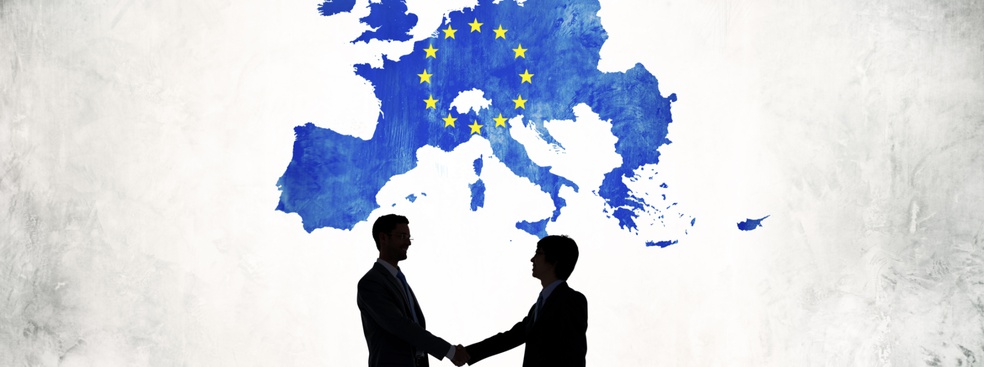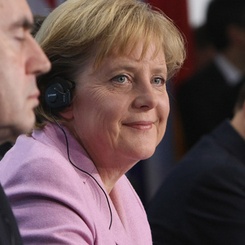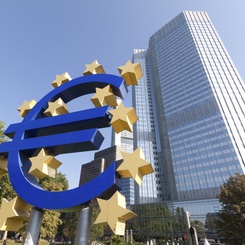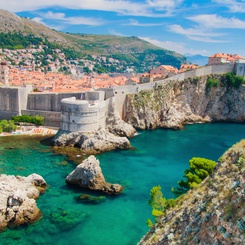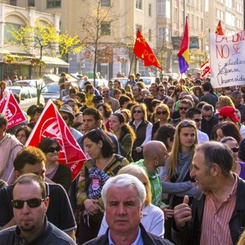The European Union exists today within an entirely different reality from the one in which it was created some 20 years ago. Made more complex by the emergence of new States as major economic players, international competition today has taken on the scope of a struggle to control the world’s limited natural and financial resources. Has the time therefore come to reevaluate the traditional dimension of the European Union and its common market?
The EU was founded on the principle of limiting legal blocks to foreign investment in the name of liberalization. However, foreign investment – like international public procurements and European commercial defensive tools like anti-dumping – is one factor today bringing the question of economic patriotism to the foreground.
The Common Market: a Concept in full Evolution
Through its historical commitment to liberalization, the European Union has become the largest source and destination of Foreign Direct Investment (FDI) in the world. But as international firms continue to look for support from national governments, it has become more clear that the geographic location of corporate decision-making carries with it important implications for national independence and security.
As a result, the European Commission has on several occasions demonstrated a desire to move beyond the traditional neoliberal conception of the common market to embrace, at least to a certain extent, the notion of economic patriotism. Energy security in particular has driven the change in attitude.
In addition to the European Commission's 2007 ‘Gazprom clause’, it also authorized France’s “Golden Share” of GDF Suez. And since 2007, a series of EC documents regarding industrial policy has further reinforced the idea that there exist “strategic” industries for Europe.
Since the onset of the financial crisis in 2009, the European Commission has focused its efforts on European competitiveness and identified several strategic priorities. Replacing the already ambitious Lisbonne strategy, the Europe 2020 strategy has been lauded by José Manuel Barroso as the “blueprint for the post-crisis world.” It pledges to free-up aces to foreign markets while aggressively addressing European competitiveness through its five key targets: employment, research and development, energy sustainability, education, poverty and social exclusion.
The Tools for an Economically Aggressive Europe
Today, Europe is faced with a double dilemma: as international investments are necessary for economic growth, Europe must aim to attract capital while also avoiding any loss of control of strategic, “vital” businesses.
To this end, the tools that Europe has given itself include, above all, legal restrictions and loopholes surrounding FDI that come into play when a foreign investor threatens to takeover a company deemed to be a national champion. Examples of legal action in this direction exist in France, Germany, Spain, and Italy, in various manifestations.
Could we imagine a consistent approach across Europe, on behalf of a European strategic interest? A common system meant to control FDI? A European golden share? Peter Mandelson for one has argued in favor of an EU proposal to study the possibility of creating a "golden share" that would guarantee European supervision of "vital economic sectors" on behalf of the European interest. We may in fact be arriving at the end of national logic within Europe.
